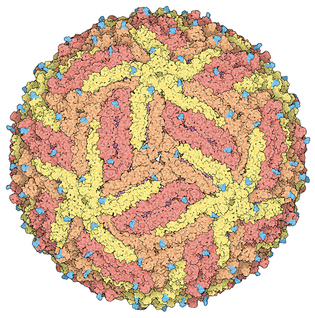 loading
loading
FindingsNoted Wikimedia CommonsView full imageA large majority of Americans now believe that global warming is indeed under way. According to data compiled in 2016 and released earlier this year by Yale’s Program on Climate Change Communication, about 70 percent of a nationwide representative sampling of US adults trusted the judgment of climate scientists and agreed that the global climate is changing. A majority in the poll said that humans are to blame for the change and should do something to blunt the increase in greenhouse gases. But while most felt that warming would harm the planet and its inhabitants, only a minority expressed concern that the change would affect them directly.
 David Goodwill/Wikimedia CommonsView full imageThe mosquito-transmitted Zika virus has already been implicated in devastating birth defects. Now, medical school professor Erol Fikrig, infectious diseases researcher Ryuta Uraki, and their team have discovered that the microbe can cause reproductive problems for infected males, too—at least, infected male mice. Writing in the February edition of Science Advances, the scientists report that four- to six-week-old mice infected with Zika can experience long-term shrinkage of the testicles, by as much as half, as well as a significant decrease in fertility. The “implications of testicular atrophy call for an urgent global need to develop vaccines and antiviral therapeutics,” the researchers wrote.
A father from the Netherlands trying to understand his teenage son’s profound learning disabilities has led a group including Yale scientists to an important discovery about our cells’ protein factories. Several years ago, Marc Pieterse talked to Yale molecular biologist Susan Baserga ’80, ’88MD/PhD, about whether his son Vincent’s developmental problems might be linked to a mutation in the ribosome—Baserga’s lab’s specialty. Graduate student Sam Sondalle became a detective in the case. In the March issue of the American Journal of Human Genetics he showed that the defect was linked to a mutation in the ribosomal protein uS12. “I hope in the long run many patients will benefit from this work,” says Pieterse.
The comment period has expired.
|
|